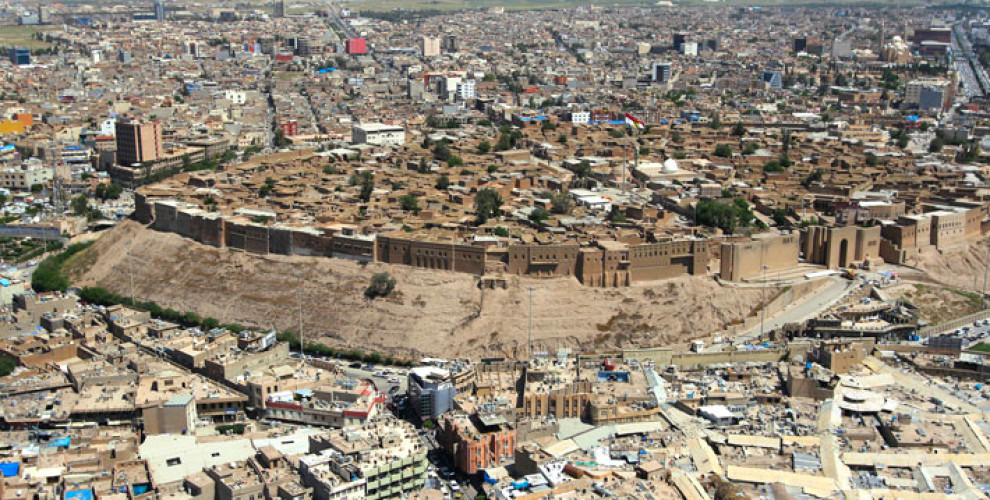Final rush for Iraqi election campaign
Parties are organising last rallies before 12 May.
Parties are organising last rallies before 12 May.

A week to go to the parliamentary elections in Iraq scheduled for 12 May. Parties, lists, coalitions and alliances are busy with the last campaign rush to increase their voting support.
Each party has intensified its propaganda work in areas where their list appears to have more chances.
Iraqi Prime Minister Haider Al-Abadi went to Sulaymaniyah, Hewler (Erbil), Kirkuk, Mosul and Baghdad to campaign for Nasr al-Iraq” (Victory of Iraq), the coalition he leads. He presented the candidates and talked about the work he has done in government and will continue to do, if voters would give him the opportunity on 12 May.
Abadi had a hard message: "We won’t let foreigners to intervene in the Iraqi parliamentary elections”, he said speaking at a rally in Baghdad's Hurriya district. Abadi is believed to have sent these tough messages to Iran, which back former Prime Minister Nuri El Maliki and Hadi Amiri leader of Hashd al-Shaabi.
Abadi's messages show that Iraq's elections will be very tense.
Shia leaders, Nuri Maliki, Hadi Amiri, Amr El Hekim and Muqtada Al Sadr, continue to give their messages in rallies held in Najaf, Kerbela, Baghdad, Basra and other cities.
The strongest Sunni candidate, Iyyad Alavi, is rallying in Sunni’s strongholds in the hope to maximise votes.
KDP and Kirkuk
The KDP made statements about Kirkuk and the controversial areas. Member of the party’s Politburo, Kemal Kirkuki, reaffirmed they are boycotting the election because they did not accept the occupation in Kirkuk.
Kirkuki said: "We have been betrayed both by Iraqis and friends. Kirkuk will not remain under occupation; through dialogue the honorable people of Kirkuk and the Peshmergas will not allow this situation”.
After the elections, the situation in Kirkuk and controversial territories will be crucial in terms of what will happen in Iraq.
Former Iraqi Foreign Minister, KDP Hoshiar Zebari, said that the people are facing serious catastrophes in the controversial areas that have been under the control of the Iraqi central government since 16 October and that the Baghdad government is far from solving the problems.
These hardline statements by the KDP show that the problems existing between the Kurdistan Federative Region and the Iraqi Central Authority are actually just postponed to after the elections.
Current Prime Minister Abadi and all the other parties indicate that they will choose how to solve problems according to the results they get at the elections. The budget, the oil deal, the controversial territory issue are all postponed after elections.
The PUK campaign
Curiously, while the KDP has been loud during this electoral campaign, the PUK appears to have preferred silence or at least a quiet campaign.
The PUK has focused on carrying out its campaign in areas where it hopes to make the biggest gain. Therefore its campaign has been concentrated on Halabja, Germiyan, Raperin, Kirkuk and Sulaymaniyah.
The PUK’s main competitor especially is the Soran area is Goran.
Candidates of the Goran and New Generation lists, have taken a clear stand towards Turkish occupation, clarify their views on national unity. On the other hand the PUK and Behrem Salih's Coalition for Democracy and Justice have been quite shy on this issue.
In recent days, the PUK has been trying to gain voters by declaring its support for national unity. People in South Kurdistan have clearly expressed their contrariety to the occupation.
It is clear that the democracy issue in the region is connected to a firm stance against Turkish occupation of the area.